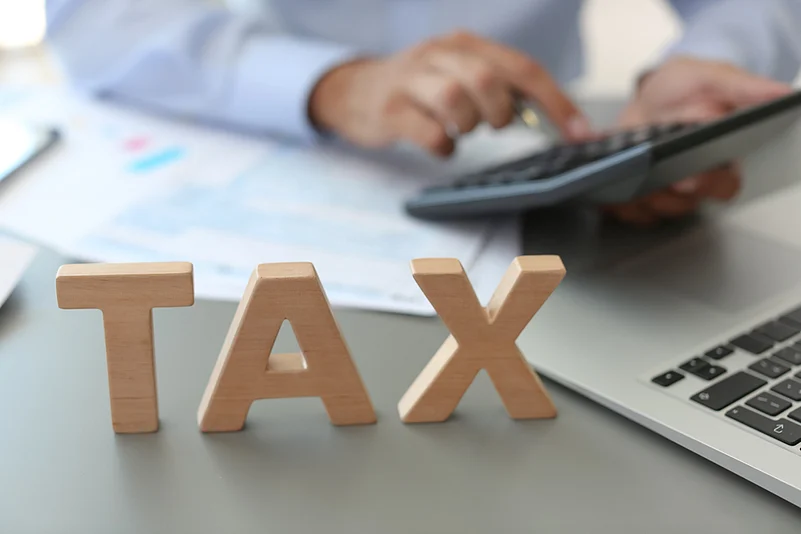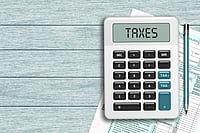Mumbai, October 28: In September 2019, the government doled out an early and unexpected “Diwali gift” to the companies in the form of reduced corporate tax rates. Back then, the finance ministry had reduced the corporate tax rate to 22 per cent from 30 per cent for already operating companies, and to 15 per cent from 25 per cent for new manufacturing entities.
Effective tax rate for companies
The effective tax rate, after factoring in a surcharge and a cess, for existing companies will now come down to 25.17 per cent from 35 per cent. The government has given companies an option of either going for the higher tax rates or opting for the new ones. -
Salaried class hopes similar measures
In this backdrop, the salaried class has also set its eyes on the government’s next move, especially in the aftermath of the report prepared and submitted by the Akhilesh Ranjan taskforce. The salaried class who feels overburdened with the incidence of the personal income tax hopes the government will roll out similar measures for the segment, so that they do not have to pay more personal tax at the time of filing ITRs or at any given time in a financial year.
Overhaul of income tax act
The taskforce was assigned the job of exploring how the Income Tax Act 1961 could be overhauled and fully rationalised. It has also submitted its report on the new Direct Tax Code (DTC) legislation to the government in the month of August. It has been reported that the taskforce has recommended sweeping changes on the personal income tax front. It is highly expected that the government may change the income tax slabs accepting the Akhilesh Ranjan panel report.
Basic exemption limits
Reports published in the media speculate that the taskforce was highly likely to retain the basic exemption limit at Rs 2.5 Lakh for the general category taxpayers. The basic exemption limit for senior citizens (above 60 but below 80 years of age) was also likely to be retained at Rs 3 Lakh. It is also expected that the government will retain the basic exemption limit for super senior citizens at Rs 5 Lakh.
Relief for taxpayers in 20 per cent slab
It is expected that the government will reduce tax slab for income between Rs 5 Lakh and 10 Lakh. Presently, there is a 20 per cent tax slab for an income of Rs 5 Lakh to Rs 10 Lakh. The tax rate is expected to go down to Rs 10 per cent for this category of taxpayers. If the measure is implemented around 1.47 Crore taxpayers would benefit from the move. There will also be relief for taxpayers in 30 per cent and above tax slab category, it is anticipated. Presently, an income between Rs 10 Lakh and above attracts a tax rate of 30 per cent plus relevant surcharge.
Impact on high income taxpayers
Tax experts say the low income taxpayers will not be impacted much due to the new DTC rules. Middle income earners will not get any blow as the DTC wants government to retain the rebate given under Section 87A of the Income Tax Act, 1961. At present, there is a rebate of Rs 12,500 for an income of Rs 5 Lakh. It means the taxpayer in this particular category will not have to pay any tax after factoring in all the deductions.































